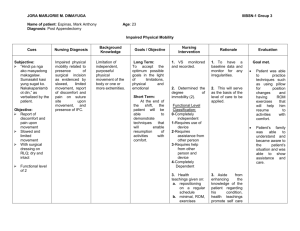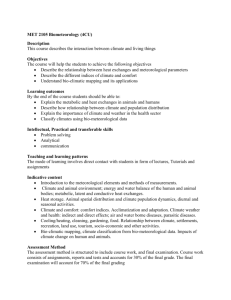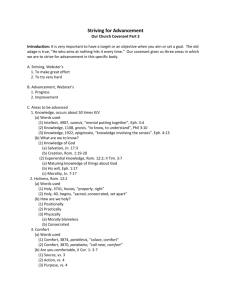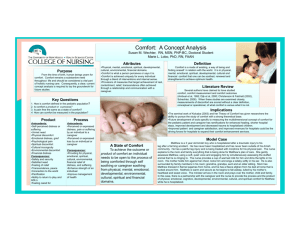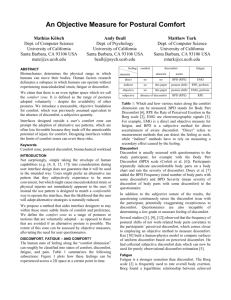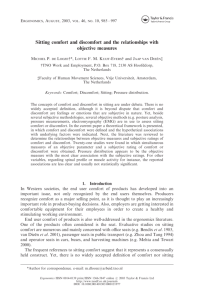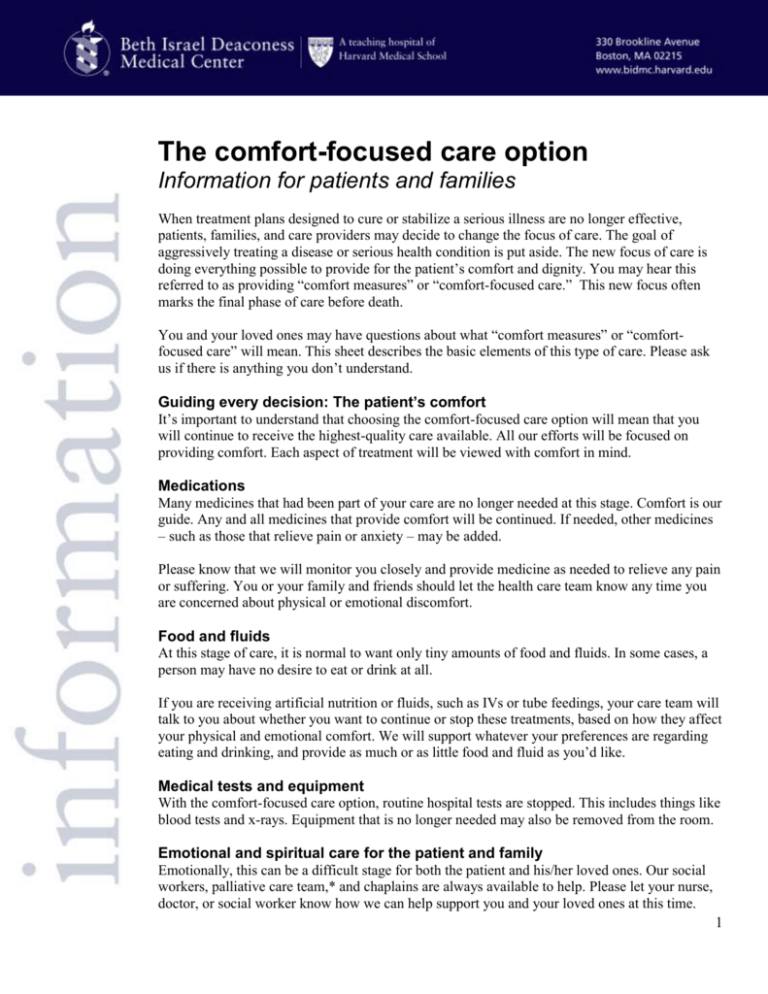
The comfort-focused care option
Information for patients and families
When treatment plans designed to cure or stabilize a serious illness are no longer effective,
patients, families, and care providers may decide to change the focus of care. The goal of
aggressively treating a disease or serious health condition is put aside. The new focus of care is
doing everything possible to provide for the patient’s comfort and dignity. You may hear this
referred to as providing “comfort measures” or “comfort-focused care.” This new focus often
marks the final phase of care before death.
You and your loved ones may have questions about what “comfort measures” or “comfortfocused care” will mean. This sheet describes the basic elements of this type of care. Please ask
us if there is anything you don’t understand.
Guiding every decision: The patient’s comfort
It’s important to understand that choosing the comfort-focused care option will mean that you
will continue to receive the highest-quality care available. All our efforts will be focused on
providing comfort. Each aspect of treatment will be viewed with comfort in mind.
Medications
Many medicines that had been part of your care are no longer needed at this stage. Comfort is our
guide. Any and all medicines that provide comfort will be continued. If needed, other medicines
– such as those that relieve pain or anxiety – may be added.
Please know that we will monitor you closely and provide medicine as needed to relieve any pain
or suffering. You or your family and friends should let the health care team know any time you
are concerned about physical or emotional discomfort.
Food and fluids
At this stage of care, it is normal to want only tiny amounts of food and fluids. In some cases, a
person may have no desire to eat or drink at all.
If you are receiving artificial nutrition or fluids, such as IVs or tube feedings, your care team will
talk to you about whether you want to continue or stop these treatments, based on how they affect
your physical and emotional comfort. We will support whatever your preferences are regarding
eating and drinking, and provide as much or as little food and fluid as you’d like.
Medical tests and equipment
With the comfort-focused care option, routine hospital tests are stopped. This includes things like
blood tests and x-rays. Equipment that is no longer needed may also be removed from the room.
Emotional and spiritual care for the patient and family
Emotionally, this can be a difficult stage for both the patient and his/her loved ones. Our social
workers, palliative care team,* and chaplains are always available to help. Please let your nurse,
doctor, or social worker know how we can help support you and your loved ones at this time.
1
Common concerns
There are some common concerns that many patients and families have at this stage of care.
Pain: There may be worries over pain. Please remember that pain management is our top
priority, and we will do everything we can to make sure that you are comfortable.
Breathing: In some cases, there is a fear of not being able to breathe. We can use medication
to ease any discomfort associated with shortness of breath. Breathing sounds may change
during this time period; your care team will observe your breathing and explain any changes.
For patients who are on a ventilator (breathing machine), the health care team will talk with
you and your family about whether it makes sense to remove the ventilator, and if so, how to
do it in a way that does not cause discomfort.
Being alone: Many people worry about being left alone. Please know that our nurses and
doctors will be with you frequently throughout the day and night, making sure you are as
comfortable as possible. Family members are welcome to stay with you at any time.
Transfer to another setting: Sometimes there is concern about how long this stage will last.
If needed or desired, we will help make all arrangements to transfer you to another setting.
As with all other aspects of care, your care team will talk with you and your family about
your wishes in this regard.
The final stage of life
Patients and families often wonder how they will use this time. For some, there is the comfort of
just spending time together. Some patients rely on religious and faith-based practices to provide
comfort. In addition to the care team on your unit, professionals from the following departments
may be called on as needed. You may ask your nurse to call or page any of the following:
Palliative Care Consult Service – pager 32502
Ethics Support Service – pager 38322
Chaplains – pager 31069
Social Work – 617 - 667-3421
Some patients may die within the first hours to days after the comfort-focused care option is
chosen. In this event, our staff is ready to help your family in any way we can.
*Palliative care is a specialty service for people with serious, life-threatening illness. For patients opting for
comfort-focused care, palliative care focuses on pain and symptom management and supporting patients and
their families during decision-making around end- of - life care choices.
We hope this sheet has helped you understand what you can expect if you decide the comfortfocused care option is best at this time. Please remember that our entire staff is ready to help you
and your family in any way we can. Please do not hesitate to ask for more information or to let
us know your wishes.
This material was prepared by clinicians from the Palliative Care Consult Service at Beth Israel Deaconess Medical Center. It is produced
and distributed by The Beth Israel Deaconess Learning Center. ©2011, Beth Israel Deaconess Medical Center. All rights reserved.
MC2301 08/11
2
3

